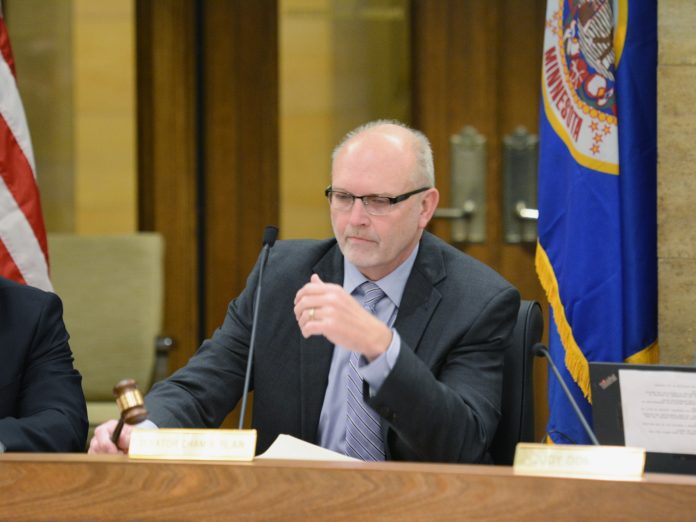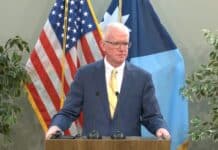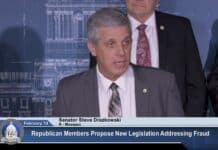Minnesota Republican State Senator Roger Chamberlain wants Governor Tim Walz to reconsider his shutdown of the state’s restaurants and bars.
Walz issued executive order 20-04, Monday, mandating that all restaurants, bars, and most other public gathering places close from March 17 to March 27 amidst the COVID-19 epidemic. Chamberlin, the chair of the Senate Tax Committee, quickly published his own statement on the Minnesota Senate Republican Caucus website imploring the governor to reverse this decision.
“I am glad that we have been able to work with the governor to combat the spread of COVID-19 in Minnesota… but I sincerely, sincerely hope the governor will reconsider his decision to close down most private businesses,” the senator said. “These small businesses are the backbone of our state’s economy.”
RELATED: Minnesota’s Progressive Tax Policy May Hinder COVID-19 Recovery
“Ordering them [these businesses] to close, even for two weeks, will have a disastrous effect not just on our economy, but on thousands of hourly wage earners and small business owners,” he added.
Walz acknowledged the tremendous impact his order will have on workers who depend on hourly wages from eating establishments for substance. He predicted that the day after the shutdowns go into effect will be “the single largest request of unemployment insurance in Minnesota’s history.”
The governor seems to be correct. Google Trends shows a massive increase in searches for “unemployment benefits” in Minnesota during the time since his declaration.
Walz also spoke candidly to those who are about to find themselves temporarily unemployed: “it [the benefits] will not make you whole, but our intention is to try and make sure that it [the closures] does it destroy your family or the well being that you have.”
Minnesota has tested 2,336 of its residents for coronavirus, discovering 60 cases since March 6th, according to the Star Tribune. The virus has also reached a stage of community contagion in the state, meaning that individuals are now contracting COVID-19 without a history of recent travel or known contact with the infected, according to US News.











